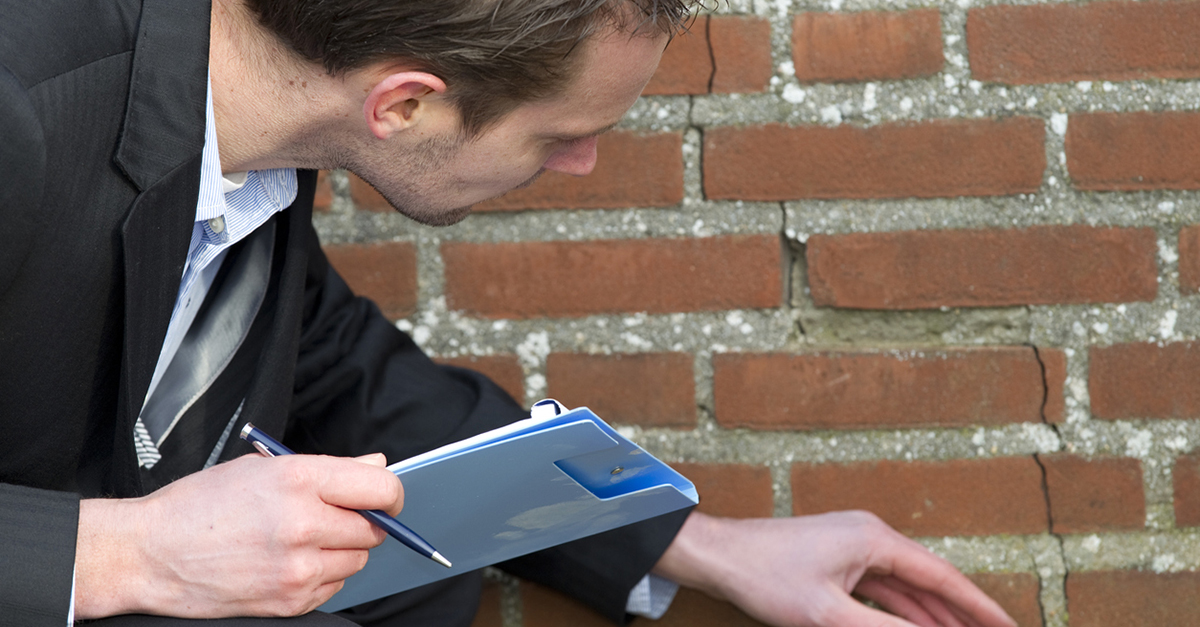If you’re ready to bring in an adjuster to survey damage from a disastrous hurricane or bad storm, wildfire, mudslide, earthquake, tornado or other unfortunate occurrence, you may be wondering what the process will entail.
An insurer typically sends its own claims adjuster to walk through and around your home to inspect damaged items and temporary repairs you may have made. According to the National Association of Insurance Commissioners (NAIC), if you opt to retain a public claims adjuster to act as your representative, you’ll likely be responsible for paying for his/her services.
Once an adjuster completes an assessment, he/she will provide documentation of the loss to your insurer to determine your claims settlement. As you go through the process, be sure to keep the following in mind:
- When it comes to getting paid, you may receive more than one check. The first will likely be an emergency advance.
- Other payments will be for the contents of your home and other personal property.
- If there’s a mortgage on your home, the payment for structural damage may be payable to you and your mortgage lender.
- Lenders reserve the right to put that money into an escrow account and pay for repairs as the work is completed.
NAIC’s Lisa Harrison goes on to explain that insureds must be cautious about signing an Assignment of Benefits. An Assignment of Benefits, or an AOB, is a document signed by a policyholder that allows a third party—such as a water extraction company, a roofer or a plumber—to “stand in the shoes” of the insured and seek direct payment from the insurance company.
Before you sign, read the fine print or you may inadvertently sign over your benefits and any extra money allowed to you after your claim. You’re not required to sign an AOB to have repairs completed; in fact, Harrison says that you can file a claim directly with your insurance company, which allows you to maintain control of the rights and benefits provided by your policy in resolving the claim.
Finally, Harrison explains the need to be on the lookout for fraud. If you think that your insurer isn’t responding in a timely manner or completing a reasonable investigation of your claim, contact your state insurance department. You can find more information on disaster preparedness at InsureUonline.org.
John Voket is a contributing editor to RISMedia.












